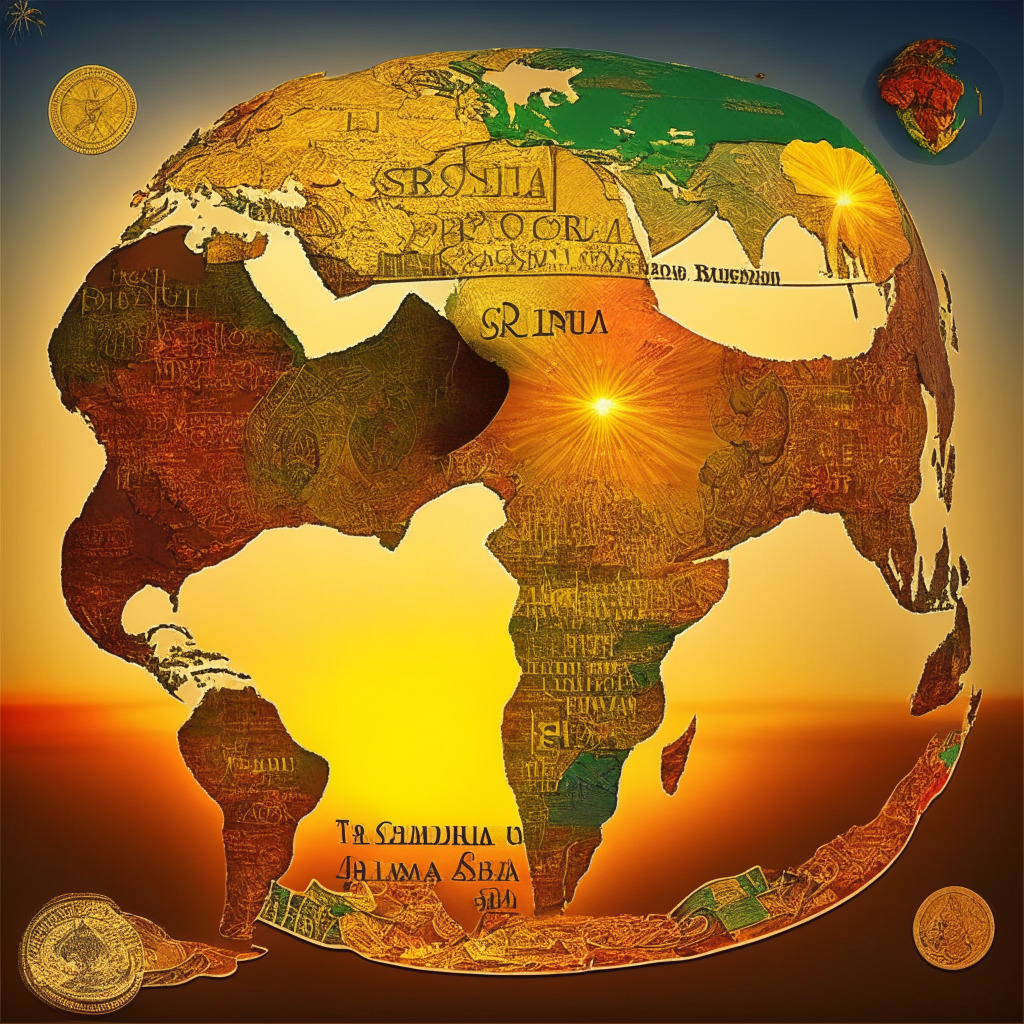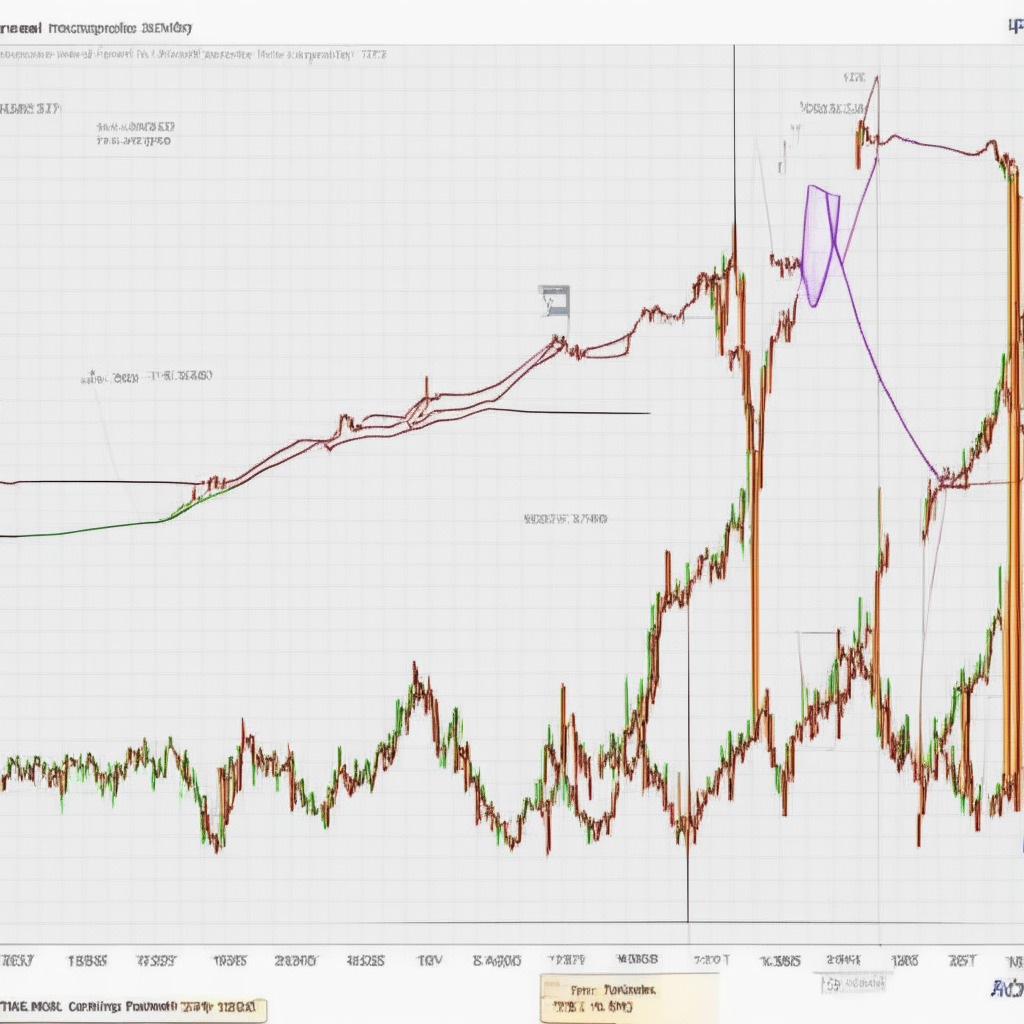Iranian President Ebrahim Raisi recently announced the nation’s intentions to join the BRICS group (Brazil, Russia, India, China, and South Africa) in an effort to create a multipolar world. Raisi condemns the current unipolar world order, which allows the United States and a few other countries to dominate global affairs. This move follows Iran’s recent admission to the Shanghai Cooperation Organization (SCO), a political, economic, and defense alliance, as its ninth full member.
On one hand, Iran becoming a part of BRICS can bring a different perspective and help create an environment in which multiple nations together drive global decisions. It can also improve the nation’s standing on the international stage, fostering constructive relations with countries based on common interests. Furthermore, the involvement in these alliances could lead to increased trade, access to new markets, and a stronger economy.
On the other hand, critics might argue that Iran’s ambitions could further strain its relations with the United States and other Western countries, who may not appreciate the challenge to the current world order. More importantly, it also raises concerns if the intentions behind the multipolar world are entirely driven by common interests or if there are ulterior motives at play. But as mentioned by President Raisi, Iran extends a friendly hand towards any country willing to cooperate.
BRICS, as a group, is pushing to expand its global influence, and an increasing number of countries have filed applications or expressed interest in joining. Along with the SCO, the BRICS nations are moving away from the U.S. dollar and working on de-dollarization efforts, settling trades in national currencies. They are also working towards creating a new common currency, a topic expected to be discussed at the group’s next leaders’ summit.
Iran’s move comes at a time when Russian President Vladimir Putin stated that the trend of multipolarity will only intensify, and nations that do not follow this trend are bound to lose. As Iran takes steps to become a part of these major alliances, it might face resistance from some global players. Nevertheless, the move signifies a shift in the global power dynamic and the push towards a more balanced and inclusive world order.
In conclusion, Iran’s intentions of joining BRICS and creating a multipolar world present both opportunities and challenges. As a crypto enthusiast, it will be interesting to observe how these developments may impact global financial markets, digital currencies, and the adoption of blockchain technology. This shift holds significance not only for Iran’s economic prospects but also for the future course of global financial and political dynamics.
Source: news.bitcoin.com




